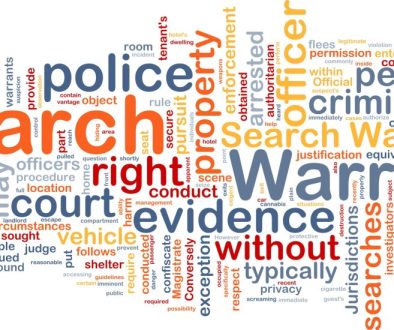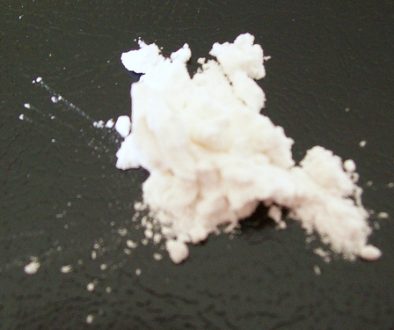Felony Drug Charge in Pennsylvania & Jersey Expert Needed?
I’ve written previous on criminal charges based on the possession of controlled dangerous substances (CDS) and possession with intent to deliver or deliver (PWID) illegal narcotics such as heroin, PCP, crack cocaine and Methamphetamine. Our law firm frequently defends person charged in Philadelphia, Pennsylvania and its surrounding counties of Montgomery, Bucks, Delaware and Chester with felony and misdemeanor offenses. Our law firm also handles these matters in New Jersey with a focus on the areas of Camden, Burlington, Gloucester, Cumberland, and Mercer A major difference in these cases aside from consequences following a conviction is what the prosecution must introduce to satisfy its burden of proof of guilt beyond reasonable doubt. In many cases, felony drug charges in Pennsylvania will require the assistant District Attorney (ADA) and the prosecutor in New Jersey to use a expert witness.
Simple Possession vs. Possession With Intent To Deliver (PWID)
If you’re charged with a drug crime in Pennsylvania or New Jersey, it’s very important to understand the difference with between possession and possession with the intent to deliver a drug or controlled substance. Simple Possession of a drug is misdemeanor offense while possession with the intent to deliver is a felony. A felony conviction could severely limit your professional and educational opportunities even if you don’t end up serving any time in county jail or state prison. Many employers may disqualify you from certain job opportunities simply because of such a conviction without providing you with an opportunity to explain it.
When Does the Prosecution Need An Expert To Prove Felony Drug Charges
If you’re charged with possession with the intent to deliver a drug, the prosecution may need to present an expert witness to prove this felony charge. While an expert isn’t always necessary, one is needed in cases where there is no evidence of observed transaction/drug sales or drug. Keep in mind that there is good case law in Pennsylvania which states that the prosecution can’t meet it’s burden of proof for a PWID simply on the quantity of drugs! In the case of Commonwealth v. Bagley , the Pennsylvania Superior court held that a defendant’s possession of 11 glassine bags containing a total of 15.3 grams of heroin was insufficient to support the charge of possession with the intent to deliver a controlled substance.
The Amount of Drug Isn’t Enough To Prove Felony Drug Charges
The prosecution in the Bagley case relied on the quantity of the drugs. Further it failed to produce a drug expert who could have testified that the defendant was seller of narcotics rather than an addict and that the quantity possessed was consistent with drug sales rather than personal use. The assistant district attorney in this case, much like in the case that I handled this week, couldn’t present any evidence of drug sales or transaction to support the charge.
In addition to the lack of expert testimony, the prosecution, didn't present any evidence of drug paraphernalia such as unused baggies, razor blades, rubber bands or a large quantity of money which could have prevented the need for an expert. Criminal courts in Pennsylvania will consider the quantity of the drugs, their street value, the drug’s packaging, and the presence of paraphernalia.
What To Do Next To Be Successful – Is Your Attorney Asking These Questions
If the prosecution does plan on producing an expert, your defense lawyer needs to have strategy to address it and perhaps consider retaining a defense expert to advance an alternative theory. For more information on drug crime defense, read my book—What Everyone Should Know About Drugs, Guns and Defense Lawyers in Pennsylvania.
Finally, if a drug expert is used in your case in New Jersey or Pennsylvania, your criminal defense attorney can, and often should, challenge the expert’s qualifications along with information that forms the basis for his opinion. While these experts are permitted to provide testimony with regards to the nature of drug transactions, they are not permitted to express opinions which fall into the knowledge of the average person or express an opinion about the defendant’s actual guilt. This means that the expert can't testify as to the defendant’s state of mind and whether the defendant specifically possessed the drugs with the intent to distribute. This is the ultimate issue of fact which is reserved for the judge or jury, the expert is only permitted to form an opinion based on his review of the evidence.



